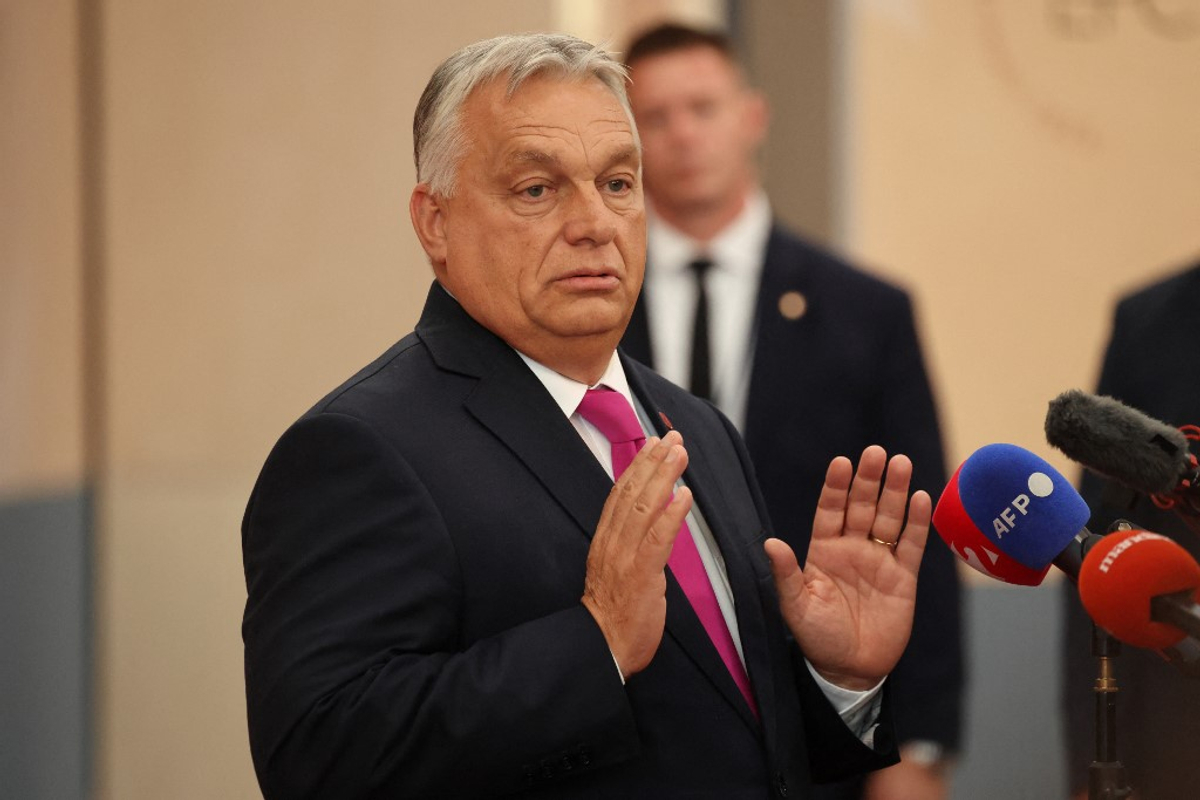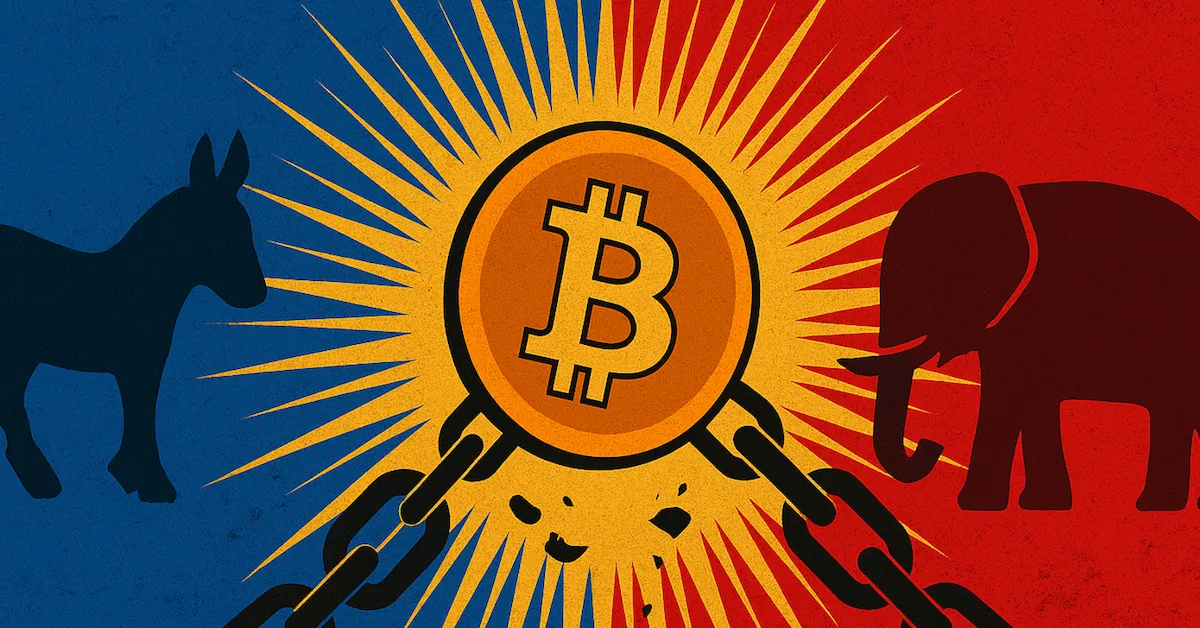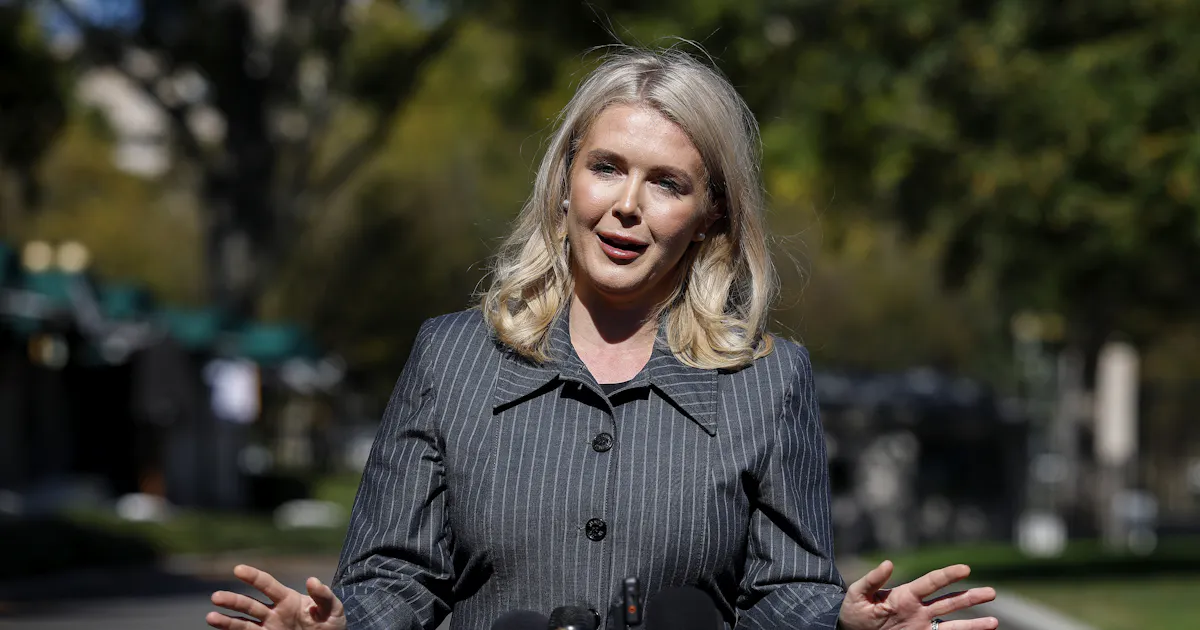Copyright kyivpost

Hungary, once the country of heroes in 1956, is now a symbol of silent capitulation. But Europe must be the opposite – a symbol of resistance, consistency, and morality. Today, Hungarian Prime Minister Viktor Orbán no longer speaks as a European leader but as a spokesman for a defeated world. When he declared that the formation of a “coalition of the willing” – European states that will jointly support Ukraine financially and militarily – is “a disaster that will only bring more deaths,” he did not mention peace. Instead, he repeated the old Russian lie about peace on the aggressor’s terms. In every sentence in which Orbán calls for an end to support for Ukraine, one hears the echo of the Kremlin, not the voice of Budapest. While Europe strives to uphold its founding principles of freedom, law, and responsibility, the Hungarian prime minister continues to deepen his political submission to Moscow. This is not just pragmatism; it is also ideological dependence. Orbán no longer balances between East and West; he has chosen a side. And that side is not the one that defends homes, but the one that demolishes them. The rhetoric of “peace” he promotes is not a call for an end to war but for capitulation. When he says that supporting Ukraine “will only bring new graves,” he is actually arguing that lives have already been lost and that it is no longer worth fighting. This is the same logic that once justified occupiers – that resistance is not worthwhile because it only prolongs suffering. But Ukraine is not fighting a war to suffer; it fights to survive. Orbán knows this. That is why his statement is not a misunderstanding but a calculation. He understands very well that ending support for Ukraine would be Russian President Vladimir Putin’s greatest victory. That is why he uses every opportunity to undermine European unity, and to present Ukraine as a burden rather than as a line of defense for the entire continent. In this respect, Orbán is not neutral – he is part of the Russian front in the heart of Europe. Hungary, the country that stood up against Soviet tanks in 1956, now has a prime minister who welcomes tanks from the east with political applause. More than 2,500 Hungarians lost their lives in what are now tourist routes when the Soviet army entered Budapest. More than 200,000 people fled the country. The Hungarian revolution was an act of desperate faith in freedom. Today, Orbán speaks in the words of those against whom his countrymen once fought. He is not seeking peace – he is seeking oblivion. There is no talk about how Moscow trampled Budapest, nor how Hungarians sacrificed their lives in the name of freedom. No parallels are drawn between 1956 and 2022, because then it would become clear that history is repeating itself – only this time, Budapest is not a victim but an accomplice. In Orbán’s vocabulary, “peace” is no longer a moral idea but a commercial term. He uses it as currency to pay for his own comfort and political benefits. His definition of peace does not include the cessation of violence but the cessation of resistance. In that language, peace becomes another name for surrender. It is not a moral category but a technical tool for maintaining a balance of power in which the aggressor retains the initiative and the victim is silenced. Such peace does not calm – it cements injustice. That is precisely why it is more dangerous than war: because it is sold as reasonableness and delivered as defeat. Control and propaganda Orbán does not believe in peace – he believes in control. In a world torn between truth and propaganda, he chooses propaganda, because it allows him to present himself as a “reasonable European” while actually undermining the very idea of European unity. His policy toward Russia is not a policy of peace, but a trade in illusions. He knows that every statement against helping Ukraine increases his value in the Kremlin and among European politicians who fear their own shadows. Orbán is not only undermining European policy toward Ukraine; he is destroying the very idea that Europe has a soul. If European leaders accept his logic of “neutrality,” it will mark the moment when Europe loses the right to speak about values. Values that are not defended disappear. Hungary, once the country of heroes in 1956, is now a symbol of silent capitulation. But Europe must be the opposite – a symbol of resistance, consistency, and morality. Those who do not stand with Ukraine today will have nowhere to stand tomorrow. And Orbán knows this. That is why he tries to convince others to ignore the obvious: evil is stopped by defending against violence, not by prayers for peace. Europe can survive economic crises, political disagreements, and bureaucratic conflicts, but it cannot survive moral cowardice. When an EU member state becomes the Kremlin’s megaphone, it is no longer a matter of politics – it is a matter of integrity. Those who justify the Russian attack on Ukraine today will justify every attack on the weaker side tomorrow, every border that is erased, and every lie told in the name of “realism.” That is how you die from the inside – without a single shot. In that silence, Ukraine has become what Europe once was: a continent of conscience, resistance, and hope. While Russian bombs destroy cities, Europe should look to those who dig through the rubble to save a child, not those who count the shells delivered and score political points. On that front line, between truth and calculation, a clear difference is visible: Ukraine chose dignity, while some in Europe chose oblivion. History will remember: at the time when the fate of freedom was being decided, Ukraine was not alone. Only some of its neighbors chose not to live up to their past. The views expressed are the author’s and not necessarily of Kyiv Post.



